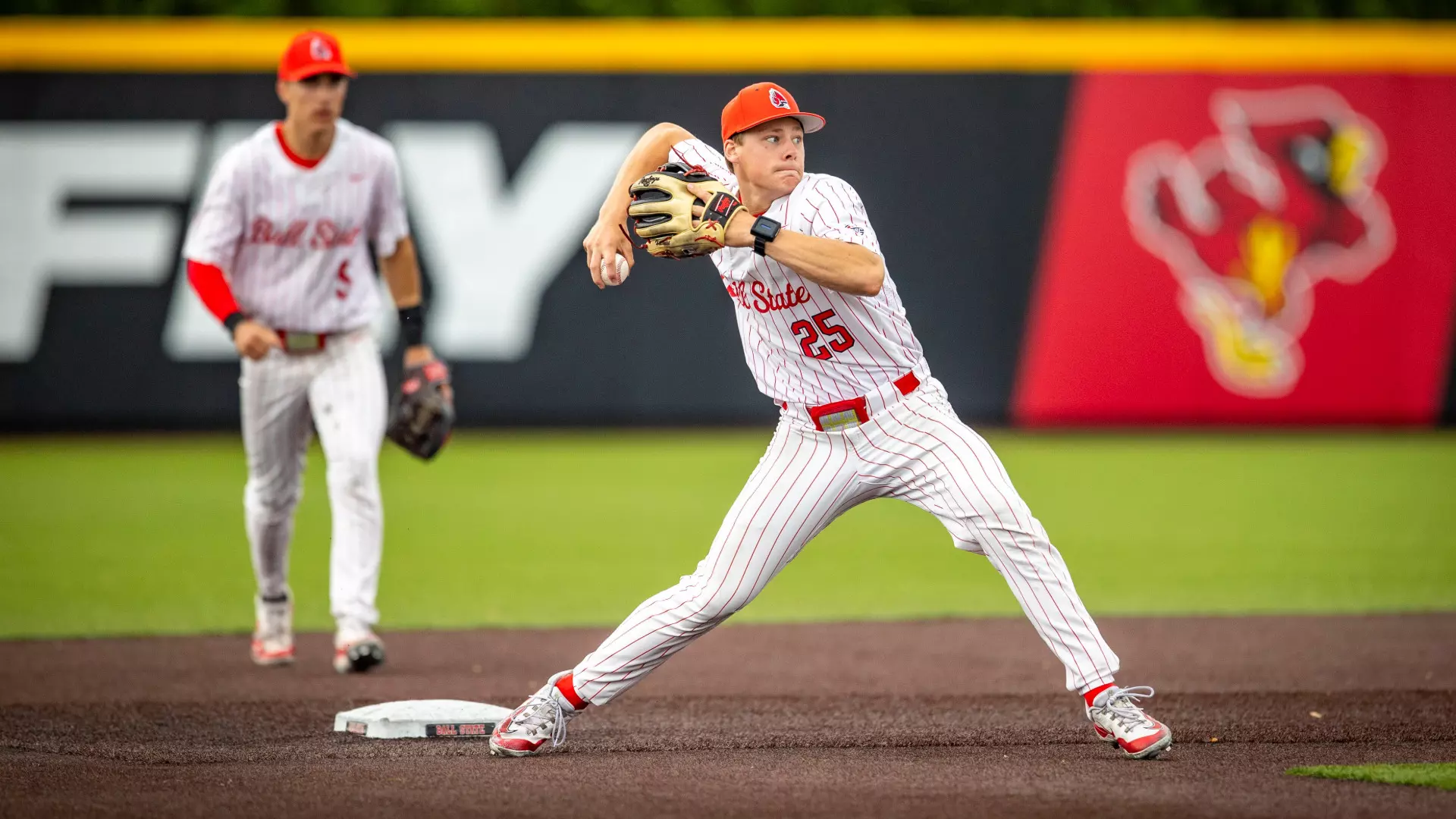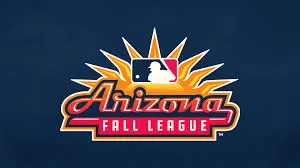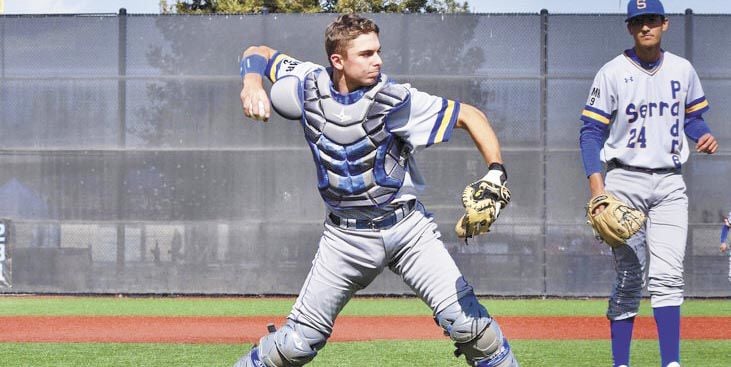
MLB 2025 farm system rankings:
Keith Law ranks all 30 teams, Mariners are new No. 1
Keith Law
Jan 30, 2025
510
As part of my top-100 MLB prospect rankings, I’ve also ranked all 30 major-league teams’ farm systems here, with a brief explanation of why they’re in this order — although I think you’ll get an even clearer picture on any individual team by reading the team reports that will begin to roll out on Monday, Feb. 3. Bear in mind that these rankings only consider players currently in the system and eligible for the rankings, meaning they have not yet lost rookie status.
GO DEEPER
Top 100 MLB prospects 2025: Keith Law’s rankings, with Roman Anthony at No. 1
I consider all prospects in a system for the rankings, not just those on the top 100; there’s still value in prospects who don’t project to be stars, or even regulars, whether it’s for your own club or for trades. The increased number of teams scouting the complex leagues to look for players to acquire in trades only further justifies this philosophy for ranking systems — teams are telling us these prospects have value. I do not consider NPB/KBO veterans to be prospects, and I don’t count the mostly 16-year-old international free agents who just signed on Jan. 15 because there’s really no recent scouting information on them.
GO DEEPER
MLB prospects who just missed Keith Law’s top 100 ranking: Caissie, Saggese and more
I’m trying something a little new this year — breaking the rankings up into tiers, because that’s usually how I start the ranking exercise anyway. They have no specific meaning other than that I grouped all 30 teams into these tiers first, and then ranked them within those tiers afterwards. Let me know in the comments if you find this useful or … uh, not useful.
Tier 1
1
Seattle Mariners
The Mariners placed six prospects on the top 100, one on the just missed column, and the next two guys after the just missed group (as in, if I’d had time to keep adding guys to that piece rather than moving on to write this and the top 20s) were actually both Mariners, as well. They’ve drafted extremely well in the last seven years, at least, and their last three international free agent classes all look very good out of the chute. They had a rare opportunity with three picks in the top 30 in 2023 and went all-in, taking three high-upside high school hitters, one of whom is in the top 10 already (Colt Emerson) and another might be a star if he comes back all the way from a torn ACL (Jonny Farmelo). It was a huge year for teenagers in Seattle’s system taking steps forward; most of these guys were in their system a year ago, when I ranked them 20th, but other than Farmelo’s injury, the Mariners had almost everything go right for them in 2024, including real improvements in performance and skills from all of their top-100 prospects. This ranking comes after they traded two guys who would have been in their top 15 in the Randy Arozarena trade, making it even more impressive that they can still rank up here. The Mariners were ranked 28th going into 2017, then dead last going into 2018, which feels like a lifetime ago for so many reasons; they were second going into 2022, but I believe this is the first time I’ve ever had them on top.
Tier 1
2
Boston Red Sox
Boston’s system had a chance to be first before the Garrett Crochet trade, which sent two players on my top 100 to the White Sox (for good reason, though). They’ve got two guys in the top 10, but that’s just the tip of the iceberg — the system is still loaded with position players who at least have everyday ceilings, including a steady stream of potential stars coming out of their international program. It just makes it all the more puzzling that the new baseball operations heads decided to pull a midnight massacre on their scouting group, notably the pro side, just as the system has recovered from a low point in the wake of the 2018 World Series win. Farm systems don’t get and stay good by accident, or magic. It takes people.
Tier 1
3
Los Angeles Dodgers
Even without counting Roki Sasaki as a prospect, the Dodgers still have one of the best and deepest systems in the sport. They have stayed that way since Andrew Friedman first took over as president of baseball operations, because he has maintained sizable scouting staffs on the amateur, pro, and international sides; built up their R&D department; and brought the people-management style he used in Tampa to the bigger budgets (OK, much bigger budgets) of Los Angeles. Teams that try to do this on the cheap haven’t been able to sustain success like the Dodgers have. The Dodgers’ system right now still has a bunch of high-upside position players and arms, with an emphasis on athletes, complemented by some higher-floor finds from the college ranks in the draft, usually coming beyond the first round.
Tier 2
4
Arizona Diamondbacks
The Diamondbacks have quietly built a powerhouse organization in the desert under Mike Hazen, even if they do it in the shadow of the 2024 World Series champions. They’ve developed a strong pipeline of young hitters, most of whom at least started out up the middle, with a few potential stars at the top and a lot of depth in hitters who project to at least have backup or bench roles. They are lighter on the pitching side, having leaned toward bats in the draft the last four years; they’ve had 13 picks in the top two rounds from 2021-24 and only used two on pitchers.
Tier 2
5
Cleveland Guardians
The Guardians have a reputation as premium developers of pitching, which they’ve earned after the successes of guys like Shane Bieber and Tanner Bibee and Bobby Bee Bee, but right now their system is stacked with the bats they’re going to need to stay contenders in an improving AL Central. Nine of their top 10 prospects right now are hitters, six of whom made the top 100, while their remaining pitching prospects are more back-end starters who don’t have much velocity … well, not yet.
Tier 2
6
Chicago Cubs
Tier 2
7
Detroit Tigers
This has to be the best Tigers system I’ve ever written up, probably the best since their minors had guys like Justin Verlander, Curtis Granderson, Cameron Maybin and company 20 years ago. They’re drafting better and developing better, they’ve made some very shrewd trades (the Jack Flaherty one really stands out as a winner), and they seem to have targeted some more polished hitters on the international market to get guys who better fit their player development regime. It’s a huge turnaround over where they were when the pandemic hit.
Tier 2
8
Cincinnati Reds
Tier 3
9
Tampa Bay Rays
Tier 3
10
Milwaukee Brewers
Tier 3
11
Philadelphia Phillies
Tier 3
12
Chicago White Sox
Chicago’s system has improved dramatically in the last 18 months, thanks to a couple of big trades and some draft successes, although the list drops off significantly after the top six and they still don’t have the depth that every team needs to fill out the back of a roster. They have three former top-100 prospects who all need to do something to get back on track this year, plus 2023 first-rounder Jacob Gonzalez, who hasn’t looked anywhere near as good in pro ball as he did in college. This is actually one spot lower than they were last year, the result of so many guys going backward in the system in 2024, but way up from where they were in 2023 (28) and 2022 (30, also known as Da Worst).
Tier 3
13
Texas Rangers
Tier 3
14
St. Louis Cardinals
Tier 3
15
New York Mets
Tier 4
16
Pittsburgh Pirates
Tier 4
17
Washington Nationals
Tier 5
18
Miami Marlins
Tier 5
19
Minnesota Twins
The Twins have the most lowercase-m midwestern system there is. They have two prospects who look like they’ll be superstars in Walker Jenkins and Emmanuel Rodriguez, and a pitcher who might join them in Charlee Soto. They have a lot of nice prospects behind them, guys who’ll play in the majors, have value, but probably won’t be difference-makers. They draft well, they develop well. They don’t seem to do anything poorly. And they’re just kind of in the middle. It’s a really nice system. They all say “hi” to you on the street. I want to be a little more excited about it.
Tier 5
20
Baltimore Orioles
Tier 5
21
New York Yankees
Tier 6
22
Kansas City Royals
This seems like a big year for the Royals’ system, with a lot of guys who are entering make-or-break years (so to speak … it’s never really too late for a prospect until he’s released) or who might be entering breakout years, although right now the arrow is pointing down slightly. New scouting director Brian Bridges’ first draft was very promising, with Jac Caglianone maybe the best power-hitting prospect the Royals have had in … uh … a very long time. (Seriously. Bob Hamelin? I have to be forgetting someone.) They have a lot of arms you’d like to get who just haven’t put it all together yet, although last year’s second rounder David Shields is probably the most polished high school arm they’ve drafted in a decade. I think that arrow will swing around to point up by this time next year.
Tier 6
23
Colorado Rockies
Tier 6
24
Toronto Blue Jays
Tier 6
25
San Diego Padres
Tier 6
26
San Francisco Giants
Tier 7
27
Athletics
Tier 7
28
Atlanta
Tier 7
29
Houston Astros
Tier 7
30
Los Angeles Angels
<
https://www.nytimes.com/athletic/609458 ... ings-2025/
<




